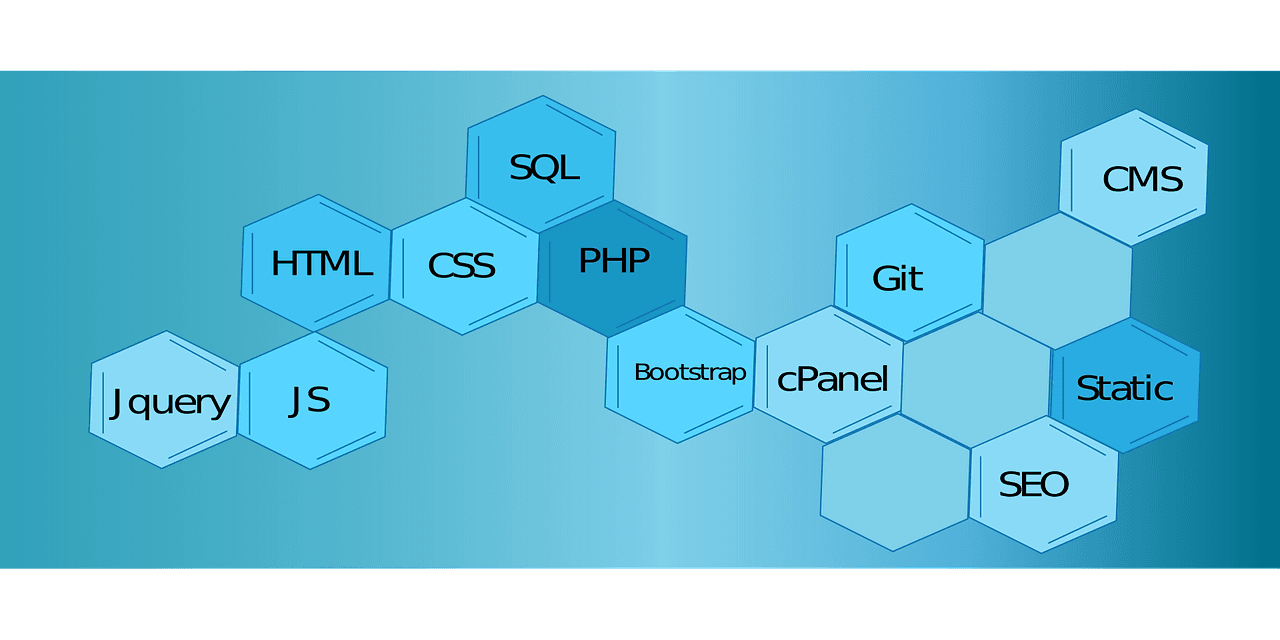Introduction
What are the most popular programming languages and which one should you choose if you want to develop an application? Which programming language is in high demand, which will be the most appropriate and why? Who in the development team should make such decisions and at what stage? What factors should be considered when making a decision? You will find the answers to these and many other questions in the article below.
Choosing a Programming Language for Business
The choice of the software language for a given project should take place when we have clearly defined what our expectations are in relation to the new application. If you are not a person related to the IT industry, it is best to listen to the advice of specialists. Before making a decision, questions about the type of project, scalability of the application, its complexity or development plans will certainly be asked. Time for application development and security will also be of great importance. Each project team has a goal to create an application that will work for a long time and will be adapted to changes in the client's business. Their satisfaction is the most important.
Below are some tips and information that will introduce you to the world of software languages and help you understand the differences between them.
Type of application
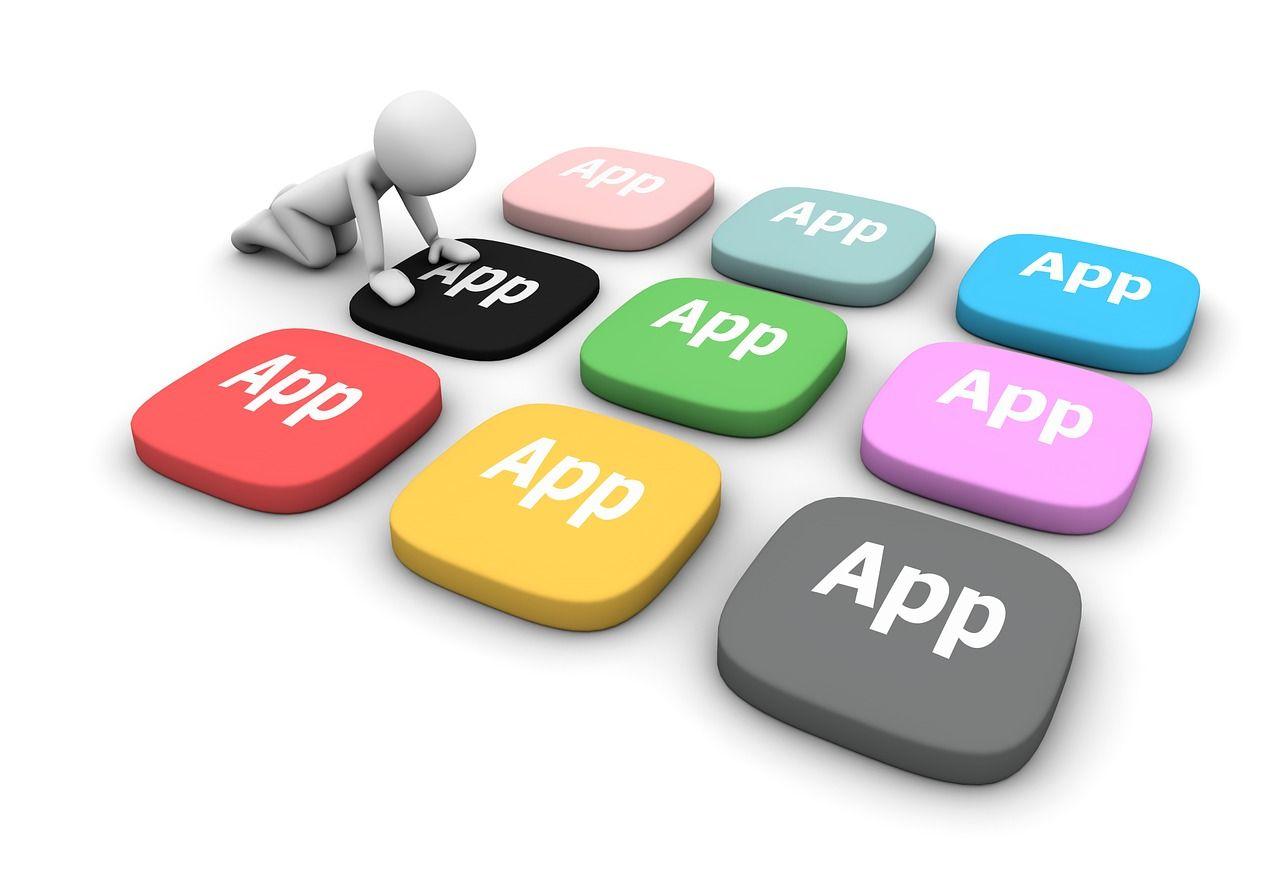 Applications can be divided into three categories:
Applications can be divided into three categories:
Web Applications
These are programs available from the level of a web browser. It is an online tool that performs defined tasks. It differs from the mobile and desktop application in that it does not need to be installed on a phone or computer.
Desktop Applications
These are applications installed directly on the computer's hard drive.
Mobile Applications
Applications dedicated to mobile devices - smartphones, tablets. These applications can be created in various ways and, depending on the technical solution, they can be divided into native and hybrid applications.
Progressive Web Apps (PWA)
It is a solution thanks to which we can combine all three types of applications and have software that works on mobile devices, is available on the web and has its own desktop version. Thanks to it, you do not need to create three separate applications.
The type of application we choose affects the selection of the software language.
Complexity of applications
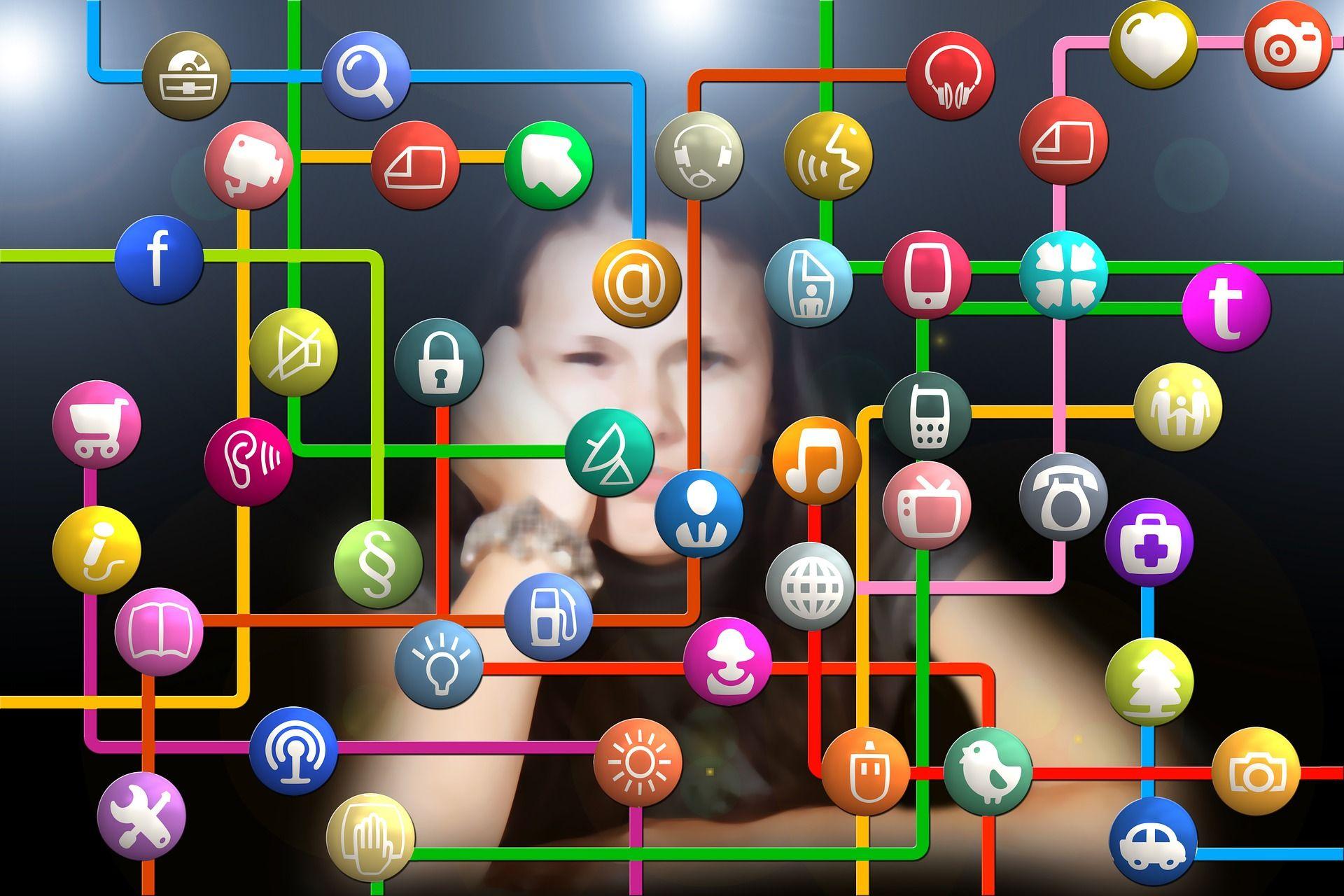
The complexity of the software is a feature that determines the labor intensity and time necessary to create or modify the software. There are different metrics to measure the complexity of an application. Determining the complexity of the application is important for many reasons: thanks to this, we know what time and financial outlays must be incurred. The correct determination of the degree of complexity of the application has a huge impact on its development possibilities in the future.
Maintainability
It is worth thinking about the life of the application after its implementation. Cooperation with a software house does not end when the application is launched on the market and begins to be used by users. Before handing over the product, a series of tests is performed by specialists - testers. Despite our best efforts, we may encounter errors or shortcomings. Each application, in order to serve the business for many years, requires constant supervision, development and updating. It is worth paying attention to the need to keep good technical documentation in the process of creating and testing applications. "Clean Code" is also of great value - it's a good practice that means creating code that is easy to understand and modify. By sticking to the principle of creating clean code, we can be sure that every programmer who will work with the support of the application will perfectly understand the technical process of its development.
Scalability, performance, and security
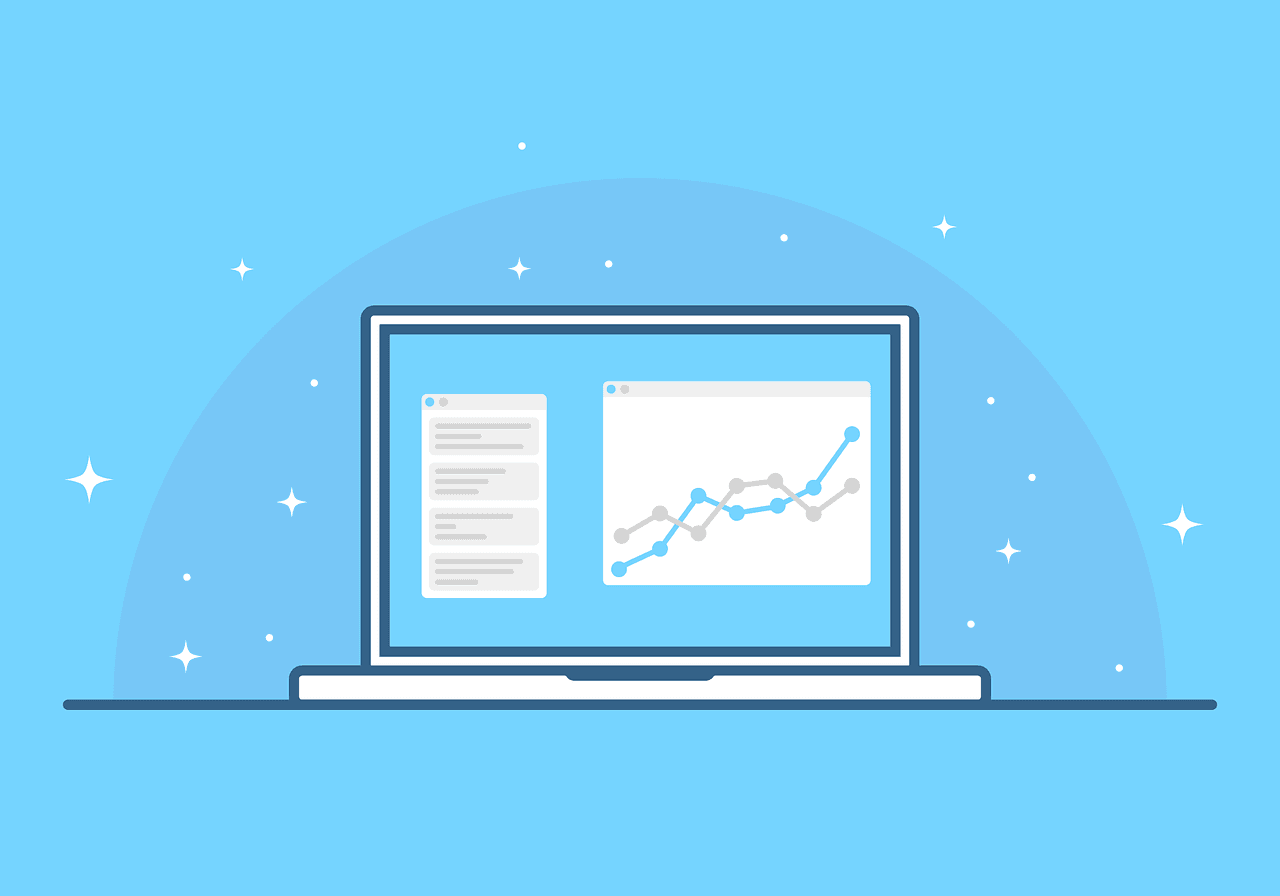
The scalability of the application determines the growing database of the application and its back-end modifications. Simply put, the application must be scalable - ready for the increasing number of users. An application that does not have an optimized backend will not be able to handle the increased traffic. Each application should also be well tested for its performance. Application performance tests are used to make sure that the software will work properly under the load we design. What is important is the response time of the application - i.e. its speed, reliability of the software and the degree of resource utilization.
Another crucial factor is providing the security of the application. Its safety consists of several aspects:
-
confidentiality;
-
data integrity;
-
authentication;
-
authorization;
-
availability;
-
having evidence of changes.
It is worth highlighting only the basic aspects that guarantee security, but it is in these areas that applications are most vulnerable to hacker attacks.
Popular Programming Languages for Business Applications

Recently, the most popular programming language is Python. Due to its simplicity and a high demand for this language, it is also one of the best programming languages to learn in 2023. C#, C, Java, C++ are also in the top five of the best programming languages for software and application development. Below you will learn what the most common software languages are and what they can be used for.
C#
Features of C# :
-
Simple;
-
Modern programming language;
-
Object oriented;
-
Type safe;
-
Interoperability;
-
Scalable and Updateable;
-
Component oriented;
-
Structured programming language.
Best for:
C# is considered a great choice for Windows desktop apps, enterprise solutions, and even game development, as Unity game engine is built on C#.
Python
Features in Python:
-
Easy to Code;
-
Easy to Read;
-
Easy to Learn;
-
Free and Open-Source;
-
Robust Standard Library;
-
Interpreted;
-
Portable;
-
Object-Oriented and Procedure-Oriented;
-
Extensible;
-
Expressive;
-
Support for GUI;
-
Dynamically Typed;
-
High-level Language;
-
Simplify Complex Software Development;
-
Other Advanced Programming Features.
Best for:
Developing websites and software, task automation, data analysis, and data visualization.
JAVA
Features in JAVA:
-
Inspired by C and C++;
-
Simple and Familiar;
-
Object-Oriented;
-
Platform Independent;
-
Compiled and Interpreted;
-
Multi-Threaded;
-
Dynamic;
-
Robust;
-
Secure;
-
High Performance;
-
Portable;
-
Automatic Garbage Collection.
Best for:
Building and running mobile applications, building and scaling cloud applications, developing chatbots and other marketing tools, powering enterprise-level web applications, supporting artificial intelligence (AI) and internet of things (IoT) devices.
Go Programming Language
Features in GO:
-
Open Source Static;
-
Typing Concurrency;
-
Support Powerful Standard Library and Tool Set;
-
Testing Capabilities;
-
Garbage Collection;
-
Scalable;
-
Ease of Use.
Best for:
Cloud-native development, distributed network services, utilities and stand-alone tools.
C | C++
Features in C | C++:
-
Object Oriented;
-
Simple;
-
Platform Dependent;
-
Mid-Level Programming Language;
-
Structured Programming Language;
-
Rich Library;
-
Memory Management;
-
Powerful & Fast;
-
Complier Based;
-
Syntax Based.
Best for:
Developing browsers, operating systems, and applications, as well as in-game programming, software engineering, data structures, etc.
JavaScript
Features in JacaScript:
-
Object-Centered Script Language;
-
Client edge Technology;
-
Validation of User’s Input;
-
Else and If Statement;
-
Interpreter Centered;
-
Ability to perform In Built Function;
-
Case-Sensitive Format;
-
Lightweight and Delicate;
-
Statements Looping;
-
Handling Events.
Best for:
Making interactive web pages.
Swift
Features in Swift:
-
Closures unified with function pointers;
-
Tuples and multiple return values;
-
Generics;
-
Fast and concise iteration over a range or collection;
-
Structures that support methods, extensions, and protocols;
-
Functional programming patterns, e.g., map and filter;
-
Powerful error handling built-in;
-
Advanced control flow with do, guard, defer, and repeat keywords.
Best for:
Swift is a fast and efficient language that provides real time feedback and can be seamlessly incorporated into existing Objective-C code. So developers are able to write safer, more reliable code, save time, and create even richer app experiences.
PHP
Features in PHP:
-
Simple;
-
Faster;
-
Interpreted;
-
Open Source;
-
Case Sensitive;
-
Simplicity;
-
Efficiency;
-
Platform Independent;
-
Security;
-
Flexibility;
-
Familiarity;
-
Error Reporting;
-
Loosely Typed Language;
-
Real-Time Access Monitoring.
Best for:
It is primarily used for developing dynamic web pages. Considering the availability of PHP-based content management systems such as Moodle and WordPress, PHP is the best solution for blogs, learning management systems, and e-commerce website.
SQL
Features in SQL:
-
Data Definition Language(DDL);
-
Data Manipulation Language(DML);
-
Relational Foundation;
-
High-performance;
-
Scalability;
-
Security and authentication;
-
Vendor Independence;
-
Various perspectives on data;
-
Portability across different computer systems;
-
Dynamic.
Best for:
To store, retrieve, manage and manipulate data within a database management system.
Ruby on rails
Features in Ruby on rails:
-
Symbol garbage collector;
-
Module #prepend;
-
Keyword arguments;
-
Action Mailer;
-
Action view;
-
Turbo-links;
-
Action cable;
-
Action Pack Assertions;
-
Rails API;
-
Render from anywhere;
-
Rake command;
-
Customized library;
-
AJAX library.
Best for:
Creating high-performance web platforms.
How Businesses Can make a Decision about the Best Programming Language to Choose?
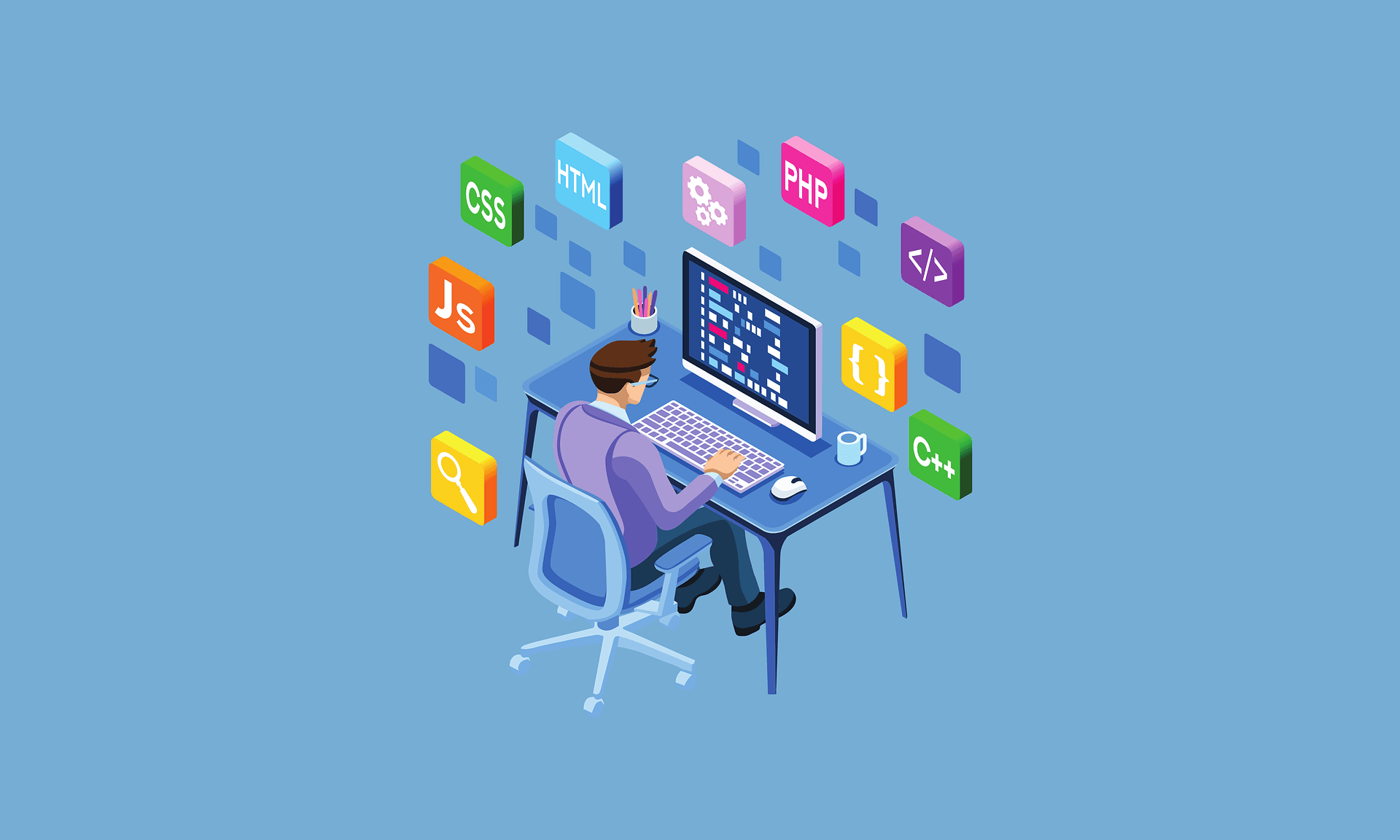
The choice of the software language is an important strategic decision that will affect the profitability of your product and its proper operation in the future. Below are the most important factors you should consider when choosing a software language:
Purpose of the software;
-
The needs of your customers and the goals to be achieved;
-
Efficiency;
-
The novelty and longevity of the language;
-
Availability of specialists on the market who know a given language.
It is also worth mentioning that C# combined with the . NET, is one of the most commonly used technologies in Cloud Computing, web, mobile and desktop applications - in particular for the Windows operating system. It also works well in conjunction with the increasingly popular IoT.
If you would like to discuss your project and learn more about the possibilities of C #, make an appointment with us for a free consultation.
